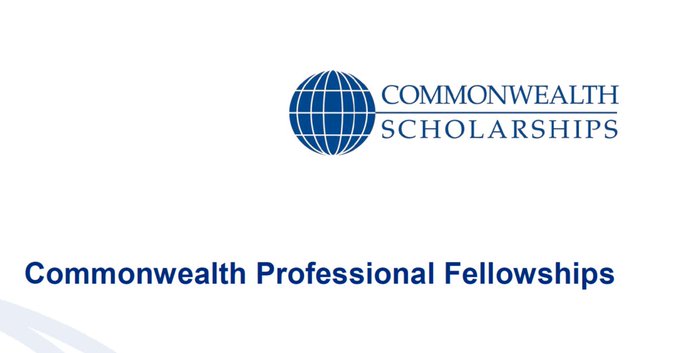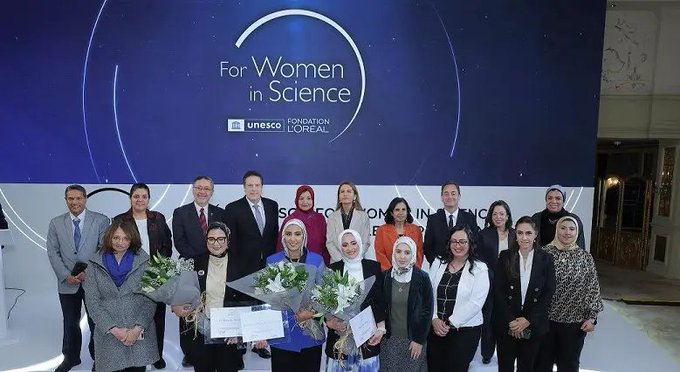
2021 Mo Ibrahim Foundation Academy Fellowship at Chatham House
Deadline: June 28, 2021.
This fellowship is a joint initiative with the Mo Ibrahim Foundation. It offers candidates at the mid-stage of their career the opportunity to spend ten months at Chatham House working on a personal project of their choosing.
Fellows take part in the core work of the Institute, developing their skills through the leadership programme, and furthering their professional network in the field of international affairs.
A fellow’s time will be split between three key areas:
- Completing a personal research project: the fellow will choose and design a personal project to undertake with the guidance of a Chatham House expert (approximately 50%).
- Contributing to the ongoing research activities: working with their host research team and other Chatham House teams as appropriate (approximately 20%).
- Leadership Programme: it is a key part of all fellowships. It aims to develop fellows knowledge, network, self-awareness and to equip them with important skills on which they can draw in their future careers as leaders in their field (approximately 30%).
LEADERSHIP PROGRAMME
All fellows participate in and contribute to the Leadership Programme which encompasses the following components:
- Intensive induction week
Academy fellowships begin with an intensive five-day induction week to become familiarized with the elements of the fellowships, meet their host research programme and have their first personal development coaching session. - Weekly discussion seminars
These sessions highlight the principal substantive and skills-based areas vital for informed and effective international leadership. Fellows are expected to contribute to and learn from one another’s experience. - Global Introductions off-site visits (subject to latest Covid-19 regulations)
These half-day visits take place approximately every two months and allow fellows to meet with leaders and senior decision-makers from a variety of sectors. Previous visits have included the Foreign and Commonwealth Office, Department for International Development, Standard Chartered, and Thomson Reuters. - Leadership workshops
Fellows participate in half-day workshops focusing on specific aspects of leadership such as ‘Leadership in a new role’ and ‘Fostering innovation and entrepreneurship’. - Project presentations
Fellows present updates on their research projects to help develop presentation skills, provide a forum for peer-review and to analyse issues outside their own area of expertise. - Personal development coaching
Fellows have access to one-on-one sessions with a dedicated coach as a way to grow their self-awareness. Fellows work with the coach to set personal development objectives which they work to meet during their fellowship and beyond. - Media training
Fellows learn effective interview skills needed for television and radio culminating in a mock interview from which they receive feedback on style and any areas of improvement - ‘Leadership in the 21st Century’ Breakfast Briefings
All fellows benefit from priority access to the ‘Leadership in the 21st Century’ Breakfast Briefings series. There, they have the opportunity to discuss leadership experiences and learn in an informal setting with leaders from government, business, media and the non-profit sectors.
ELIGIBILITY
- The fellowship is open to citizens of Cameroon, Côte d’Ivoire, Democratic Republic of the Congo, Ethiopia, Ghana, Kenya, Nigeria, Sierra Leone, South Africa, South Sudan, Sudan, Tanzania, Uganda, Mozambique, Zambia, Zimbabwe.
- Applications will also be accepted from applicants holding dual nationality which includes one of these countries.
- Applicants must hold a completed BA degree or equivalent. Master’s degree with an international focus is preferred.
- The ideal candidate should be at the mid-stage of their career and come from one of the following fields or work: academia, NGO, business, government departments, civil society or the media. They should have knowledge of and an interest in the policy challenges related to global governance.
- They do not impose age restrictions for applicants. However, Academy fellowships are aimed at individuals at the mid-stage of their career.
BENEFITS
The fellow will receive a monthly stipend of £2,365. Modest provision is made for the costs of relocation, fieldwork and possible publication costs.
The stipend will cover London living costs, including accommodation, utilities, food, transport and other basic expenses. The following is intended to provide a rough guide on the cost of living essentials in London.
- Accommodation: £125-150 per week for a shared house or room in halls of residence.
- Bills (e.g. water, electricity, gas, internet): £70-100 per month.
- Food: £40-60 per week.
- Transport: £25-40 per week. Buying a monthly or annual Oyster travelcard will provide the best value.
APPLICATION
To apply for this fellowship, we need:
- Your CV/resumé
- A scanned copy of the photo page of your passport (for proof of nationality eligibility)
- The names of two referees (of which one should be academic)
- The applicant’s proposal for a research project (see PDF for details)



